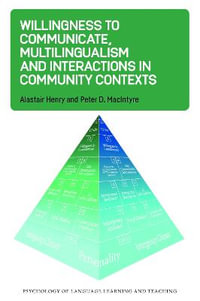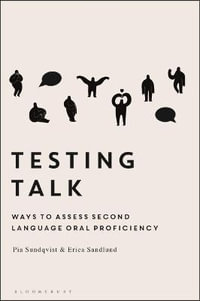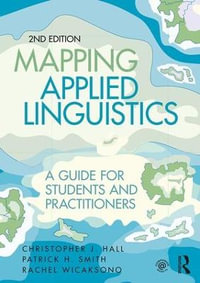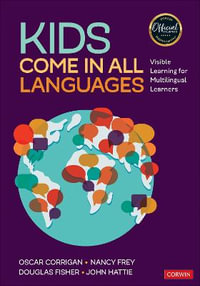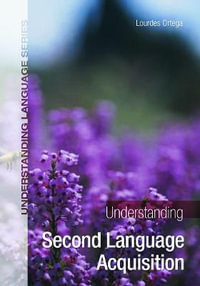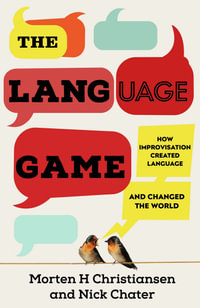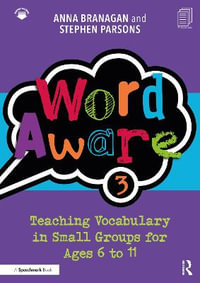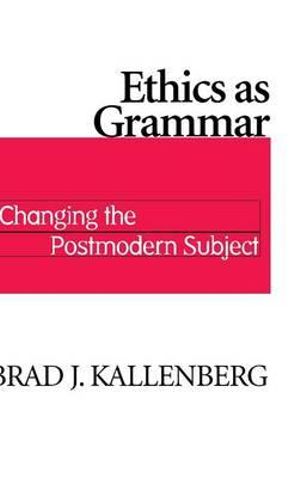
Ethics as Grammar
Changing the Postmodern Subject
Hardcover | 14 September 2001
Sorry, the book that you are looking for is not available right now.
We did a search for other books with a similar title, however there were no matches. You can try selecting from a similar category, click on the author's name, or use the search box above to find your book.
ISBN: 9780268027605
ISBN-10: 0268027609
Published: 14th September 2001
Format: Hardcover
Language: English
Number of Pages: 346
Audience: General Adult
Publisher: Longleaf - Univ of Notre Dame du Lac
Country of Publication: US
Dimensions (cm): 22.86 x 15.24 x 2.06
Weight (kg): 0.69
Shipping
| Standard Shipping | Express Shipping | |
|---|---|---|
| Metro postcodes: | $9.99 | $14.95 |
| Regional postcodes: | $9.99 | $14.95 |
| Rural postcodes: | $9.99 | $14.95 |
Orders over $99.00 qualify for free shipping.
How to return your order
At Booktopia, we offer hassle-free returns in accordance with our returns policy. If you wish to return an item, please get in touch with Booktopia Customer Care.
Additional postage charges may be applicable.
Defective items
If there is a problem with any of the items received for your order then the Booktopia Customer Care team is ready to assist you.
For more info please visit our Help Centre.
You Can Find This Book In
This product is categorised by
- Non-FictionReligion & BeliefsReligionReligious Issues & DebatesReligious Ethics
- Non-FictionReligion & BeliefsChristianityChristian Theology
- Non-FictionPhilosophyEthics & Moral Philosophy
- Non-FictionPhilosophyHistory of Western PhilosophyWestern PhilosophyAnalytical Philosophy & Logical Positivism
- Non-FictionReligion & BeliefsAspects of Religion for Non-ChristiansTheology
- Non-FictionReligion & BeliefsReligionPhilosophy of Religion
- Non-FictionLanguage & LinguisticsLinguisticsPsycholinguistics

